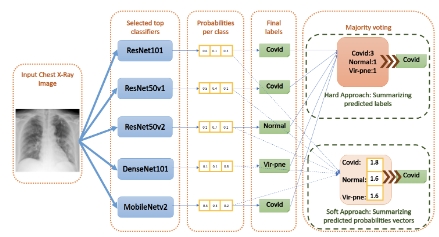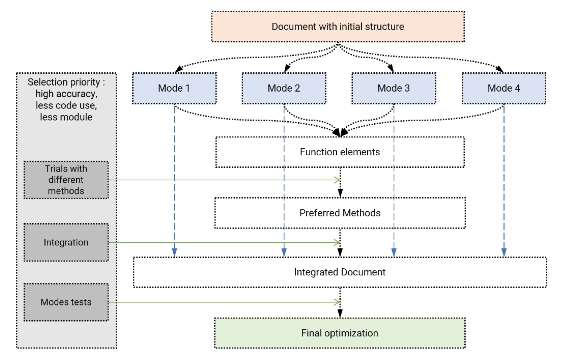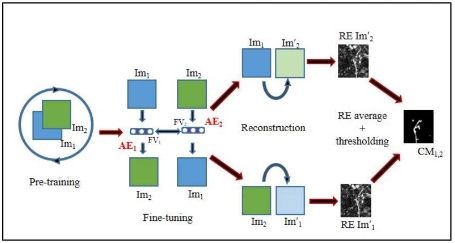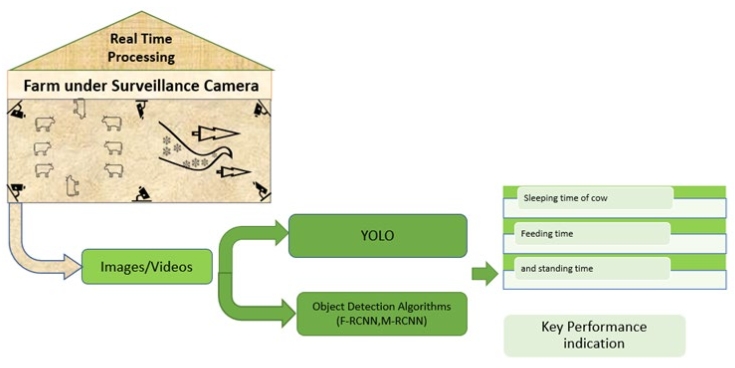The electronic knowledge publishing based on intellect modeling
Abstract
This paper focuses on a new concept based on modeling human intelligence for electronic knowledge publishing. It discusses the limitations of current publishing methods in solving real-life problems and proposes the need for a new type of publishing. It identifies two main streams of publishing: Emotional publishing and knowledge texts publishing, highlighting the challenges of the latter. The article evaluates various attempts in the field of Artificial Intelligence, such as expert systems and neural networks, in terms of knowledge transfer and problem-solving. It suggests that understanding the principles of human intelligence, as exemplified by the character Sherlock Holmes, can contribute to the development of the proposed “Intellect Modeling” concept. Overall, the article presents a comprehensive proposal that addresses the shortcomings of existing publishing models and offers a new approach that incorporates advancements in Artificial Intelligence and Knowledge Management.
References
[1]Alty JL, Coombs MJ. Expert systems. Concepts and Examples. The National Computing Centre Limited; 1984.
[2]Hinton GE. Learning in parallel networks. McGraw-Hill; 1985.
[3]Schank R, Hunter L. The quest to understand thinking. By McGraw-Hill; 1985.
[4]Golubev KM. Is there any future for Artificial Intelligence? ISPIM; 2001.
[5]Doyle AC. The Penguin Complete Sherlock Holmes. Penguin Books; 1981.
[6]OpenAI. GPT-4 System Card. Available online: https://cdn.openai.com/papers/gpt-4-system-card.pdf (accessed on 12 June 2024).
[7]Weise K, Metz C. When AI Chatbots Hallucinate. Available online: https://www.nytimes.com/2023/05/01/business/ai-chatbots-hallucination.html (accessed on 12 June 2024).
[8]Ordonez V, Dunn T, Noll E. OpenAI CEO Sam Altman says AI will reshape society, acknowledges risks: A little bit scared of this. Available online: https://www.yahoo.com/gma/openai-ceo-sam-altman-says-215500989.html (accessed on 12 June 2024).
[9]Venturi L. Renaissance painting from Breughel to El Greco. Skira Rizzoli; 1979.
[10]Golubev KM. Adaptive learning with e-knowledge systems. Inderscience Enterprises Limited; 2003.
[11]Livanov MN. Space organization of brain’s processes. USSR; 1972.
[12]Golubev KM. Intellect Modeling Kit. In: Mercier-Laurent E (editor). Artificial Intelligence for Knowledge Management. Springer; 2020.
[13]Mercier-Laurent E. The Future of AI or AI for the Future. In: Strous L, Johnson R, Grier DA, Swade D (editors). Unimagined Futures—ICT Opportunities and Challenges. Springer; 2020.
[14]Mercier-Laurent E. Platform for Knowledge Society and Innovation Ecosystems. In: Mercier-Laurent E (editor). Artificial Intelligence for Knowledge Management. Springer; 2020.
Copyright (c) 2024 Konstantin M. Golubev

This work is licensed under a Creative Commons Attribution 4.0 International License.










